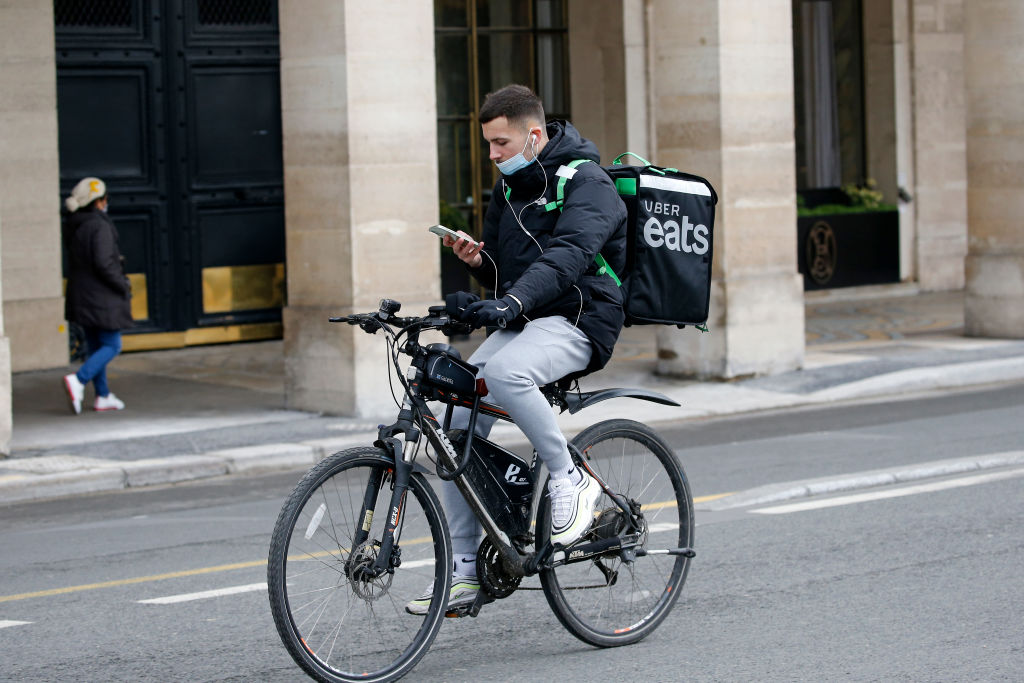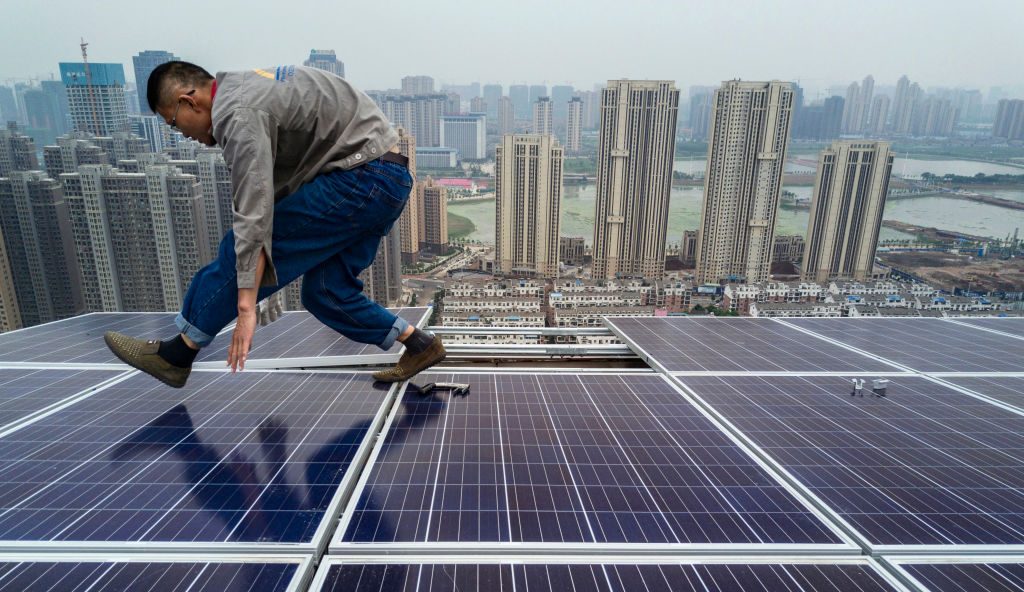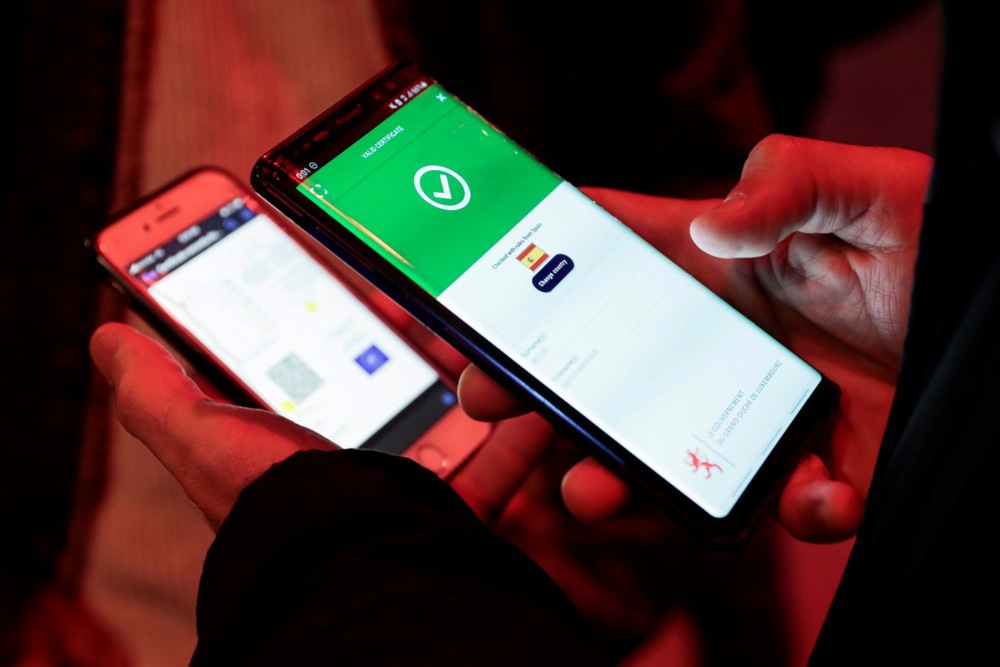The EU has decided to ban importing goods made using forced labour, in a move that also limits access to Chinese-made solar panels.
The European Parliament and European Council reached agreement on the proposal in the early hours of Tuesday, March 5.
The deal bans both importing and exporting products made with forced labour, with the European Commission having the responsibility to investigate supply chains it deems suspicious, says a European Parliament press release,
“If the investigation concludes that forced labour has been used, the authorities can demand that relevant goods be withdrawn from the EU market and online marketplaces, and confiscated at the borders,” says the announcement.
Confiscated products will have to be either “donated, recycled or destroyed”.
If they have “strategic or critical importance for the Union”, though, the products can instead be “withheld” until problems about forced labour in its supply chain are resolved.
An automobile importer, for example, could be given a chance to replace a part made in China’s Xinjiang region with one made elsewhere.
The Commission will also make a list of industries and locations with a high risk of forced labour. Companies operating in these areas will need to submit additional documentation to ensure they comply with the new rules.
Germany and Italy torpedoed an EU law at the last minute that would have made companies liable for human rights abuses in their supply chains – such as those revealed in China’s Xinjiang region. https://t.co/x0h3JJojxM
— Brussels Signal (@brusselssignal) March 1, 2024
Forced labour had been an element of EU supply chains for “too long”, said co-rapporteur Maria-Manuel Leitão-Marques, speaking in the wake of the deal.
“There were an estimated 27.6 million people affected by it in 2021, mostly in the private sector, but also victims of so-called state-sponsored forced labour,” said the Socialists & Democrats group MEP.
“The deal we reached today will assure the EU has an instrument to ban products made with forced labour from the Union market as well as to tackle various forms of forced labour, including when it is imposed by a state,” she added.
It was “appalling” that such forced labour still existed in the world, said Pierre-Yves Dermagne, Belgium’s deputy PM and economy and employment minister, who praised the deal.
“This hideous crime must be eradicated and the first step to achieve this consists in breaking the business model of companies that exploit workers,” he said.
“With this regulation we want to make sure that there is no place for their products on our single market, whether they are manufactured in Europe or abroad.”
A proposed European Union crackdown on goods made with forced labour could cut the number of Chinese solar panels imported into the bloc, the European Commission suggested. https://t.co/7BNsIKzsA3
— Brussels Signal (@brusselssignal) March 4, 2024
Tuesday’s deal will have ramifications for Europe’s green economy, however. Chinese solar panels in particular heavily rely on forced labour from the Muslim-majority region of Xinjiang.
Banning products produced with forced labour could see Chinese solar panels banned from the EU, the Commission acknowledged in a March 4 statement on the matter.
“The EU regulation on forced-labour products… would prohibit placing on the EU market any product made with forced labour, irrespective of its origin,” explained energy commissioner Kadri Simson.
It is still unclear whether the clause protecting certain goods of “strategic importance” applies to solar panel imports, considering the EU’s aggressive 2030 carbon targets.
A proposal to hand Brussels new powers to “screen” European investments in China and control exported technology is expected to ruffle feathers among member states who would rather keep control in their own hands.@gesine_weber | @abarrous https://t.co/kVlVsXVbFC
— Brussels Signal (@brusselssignal) January 25, 2024





